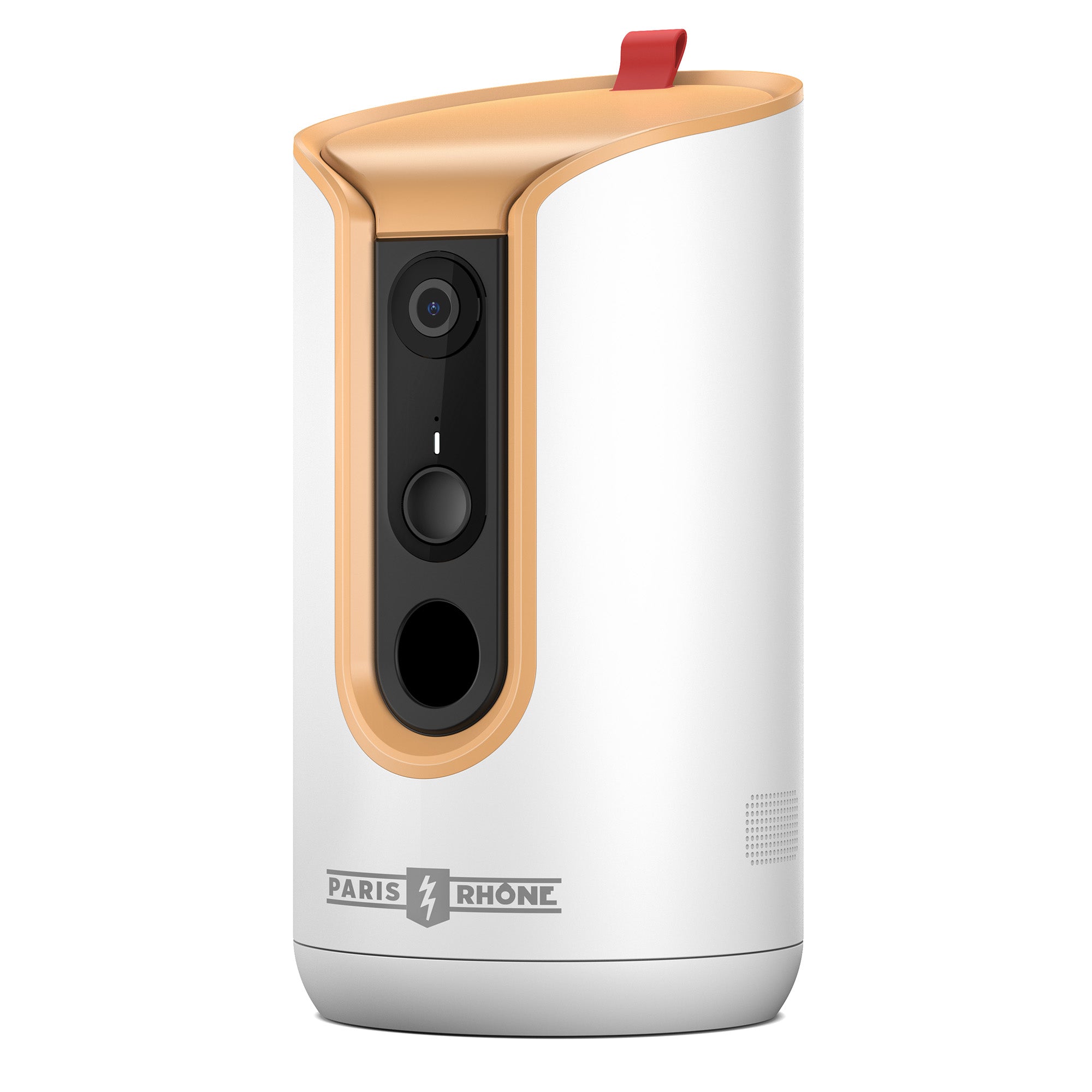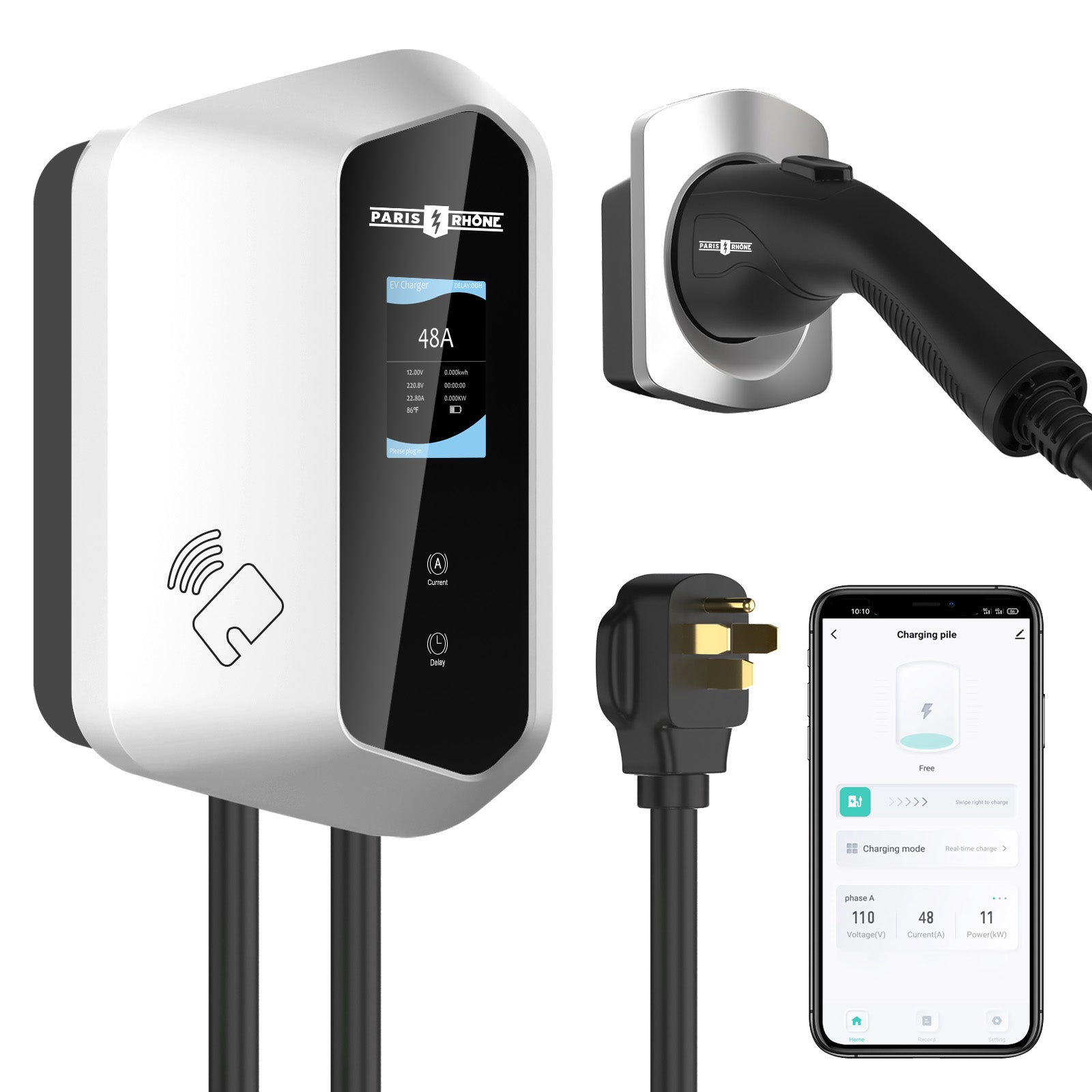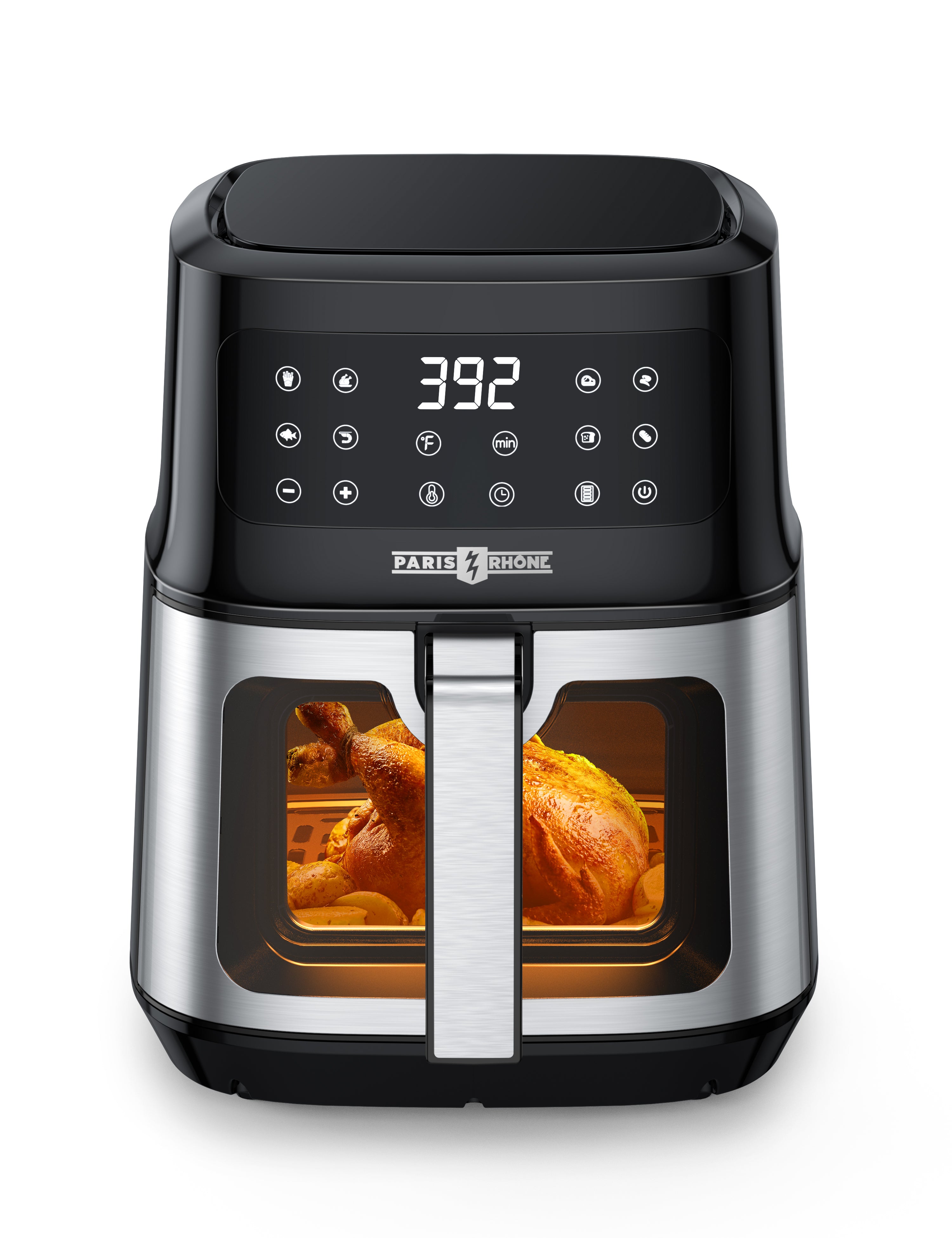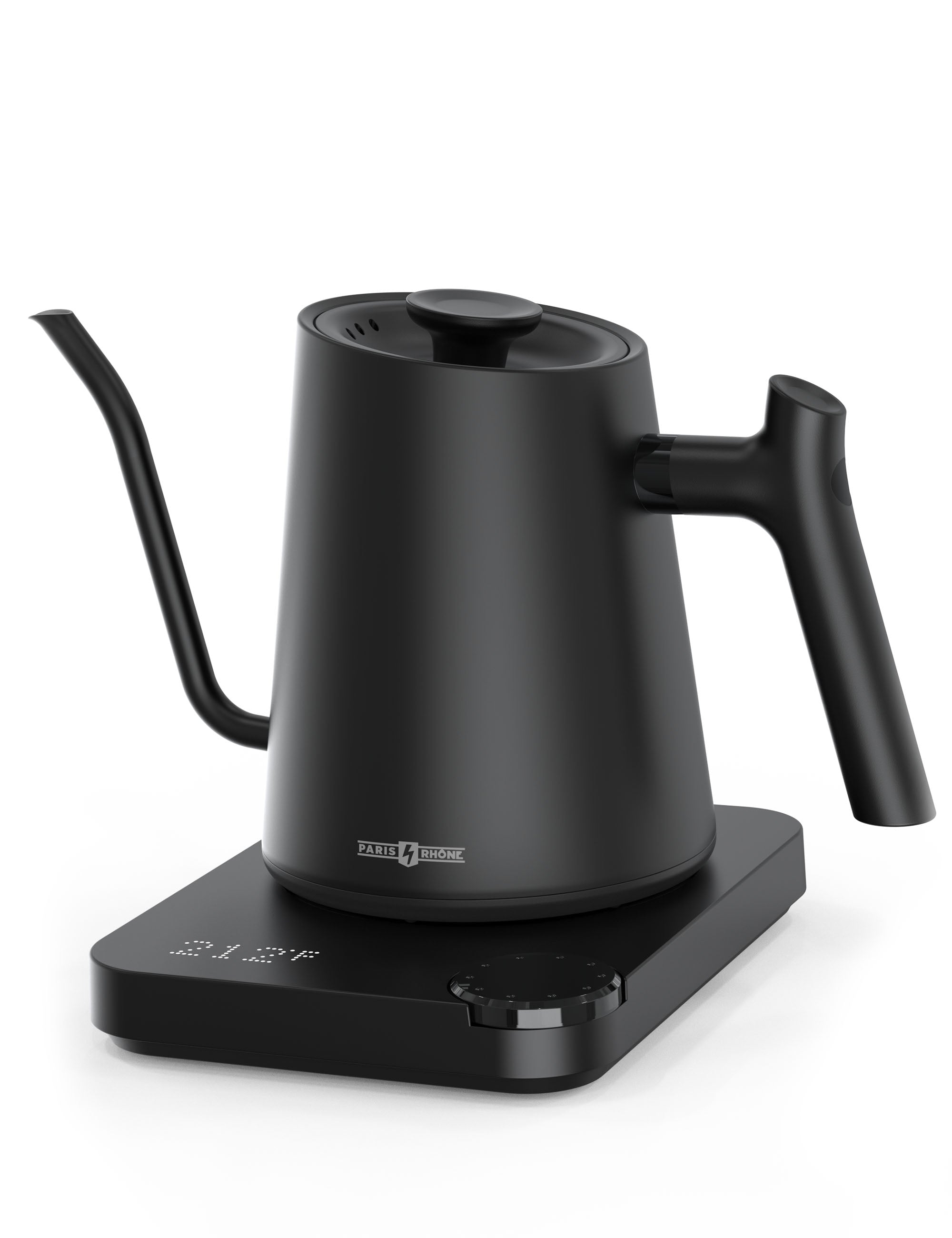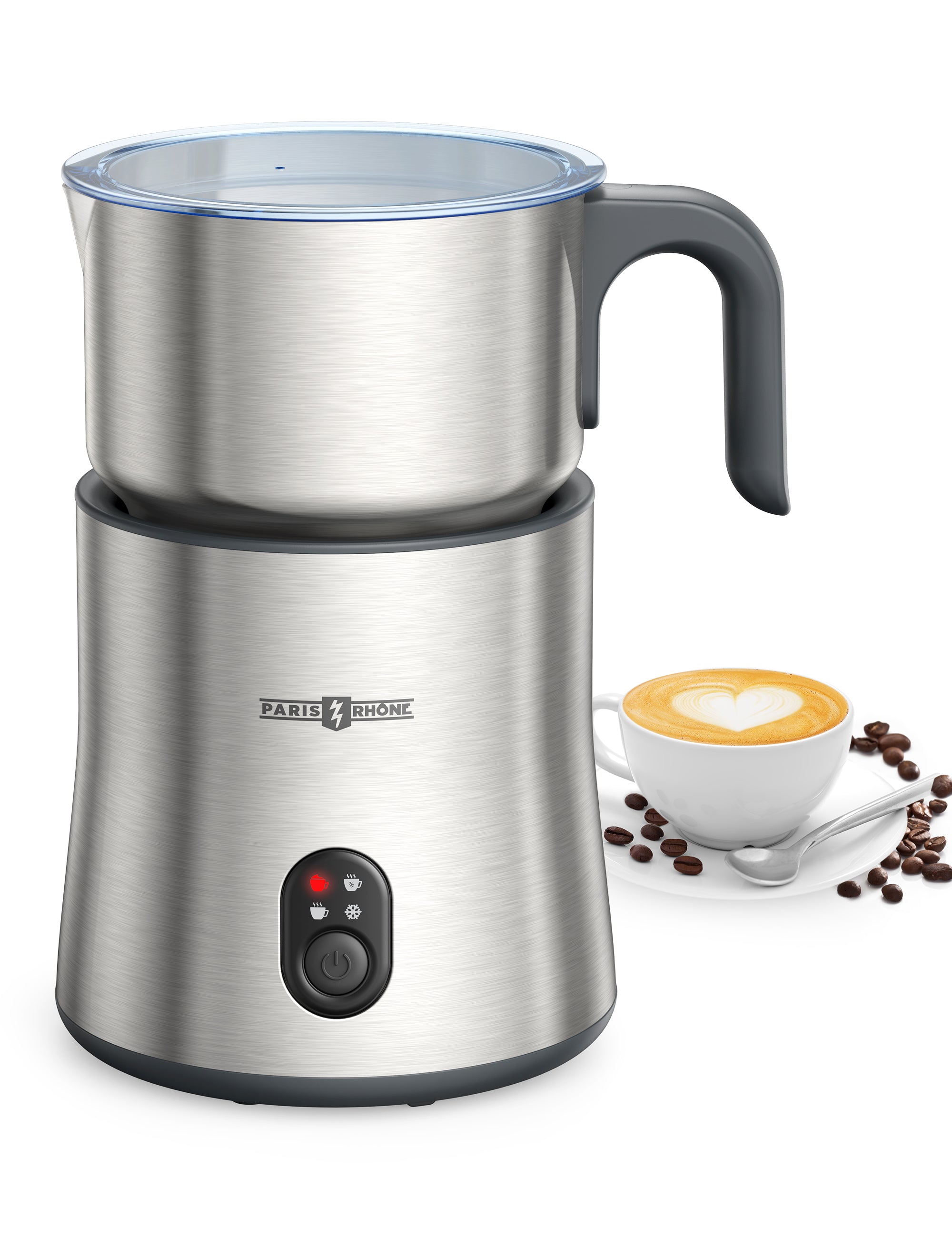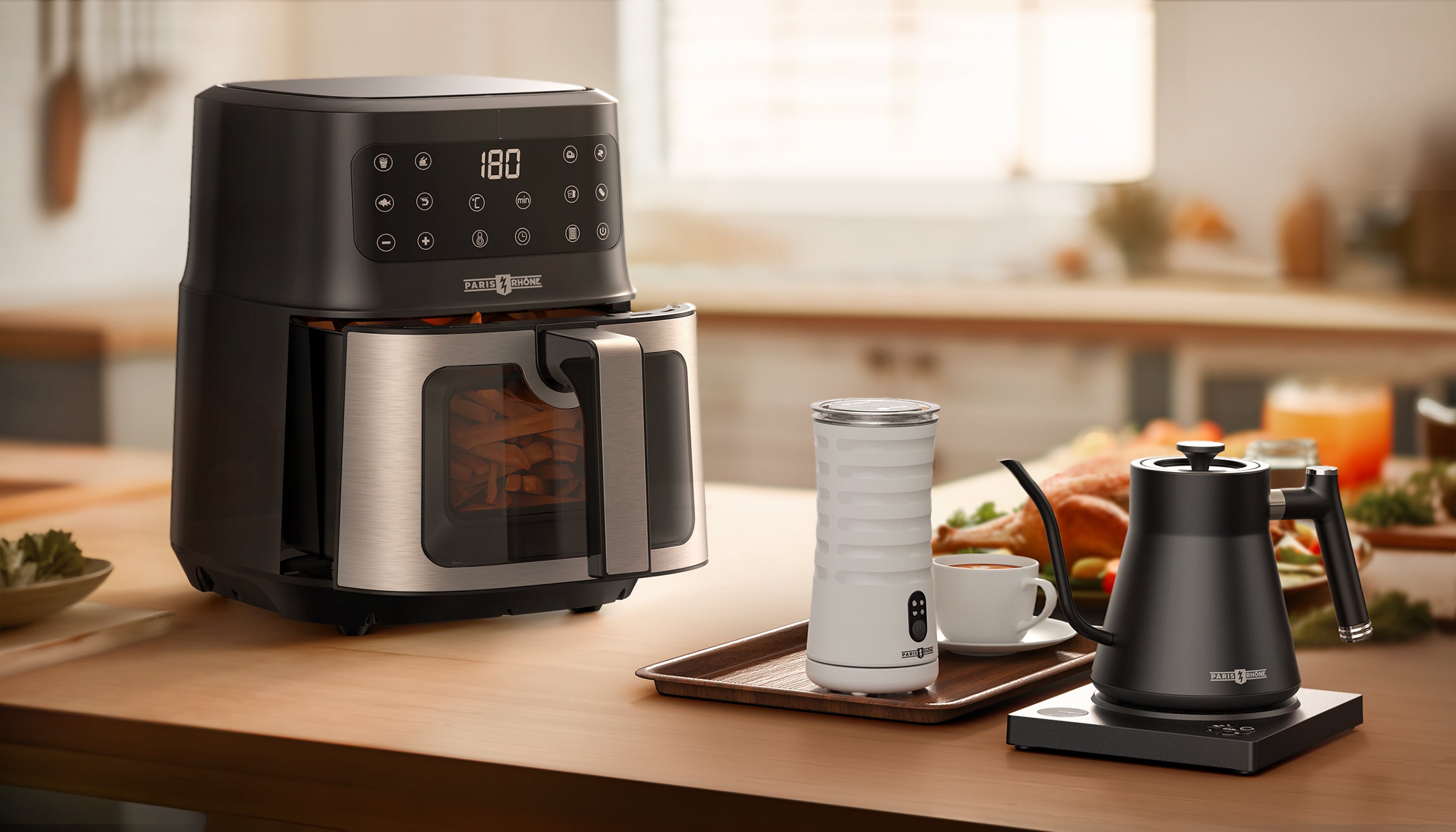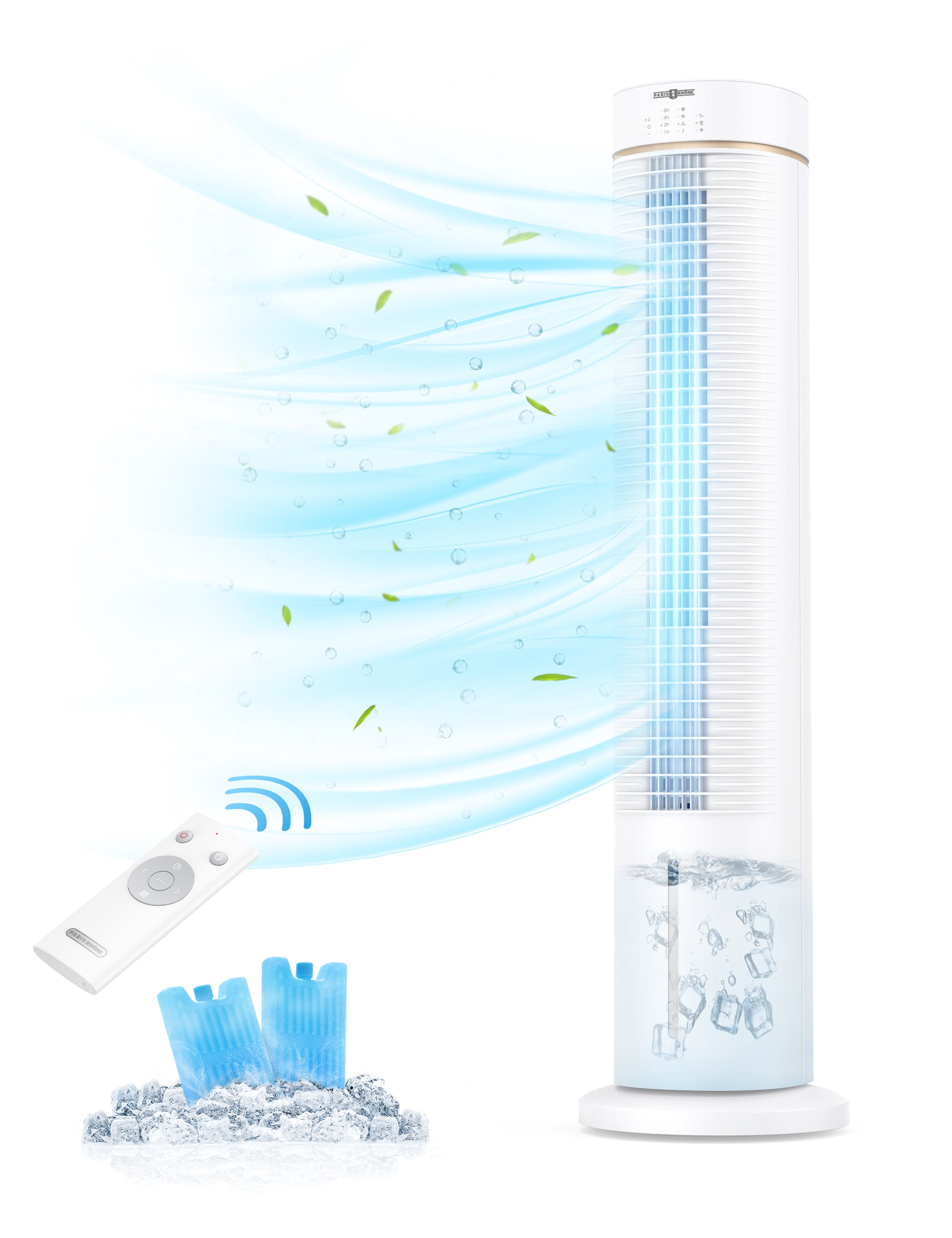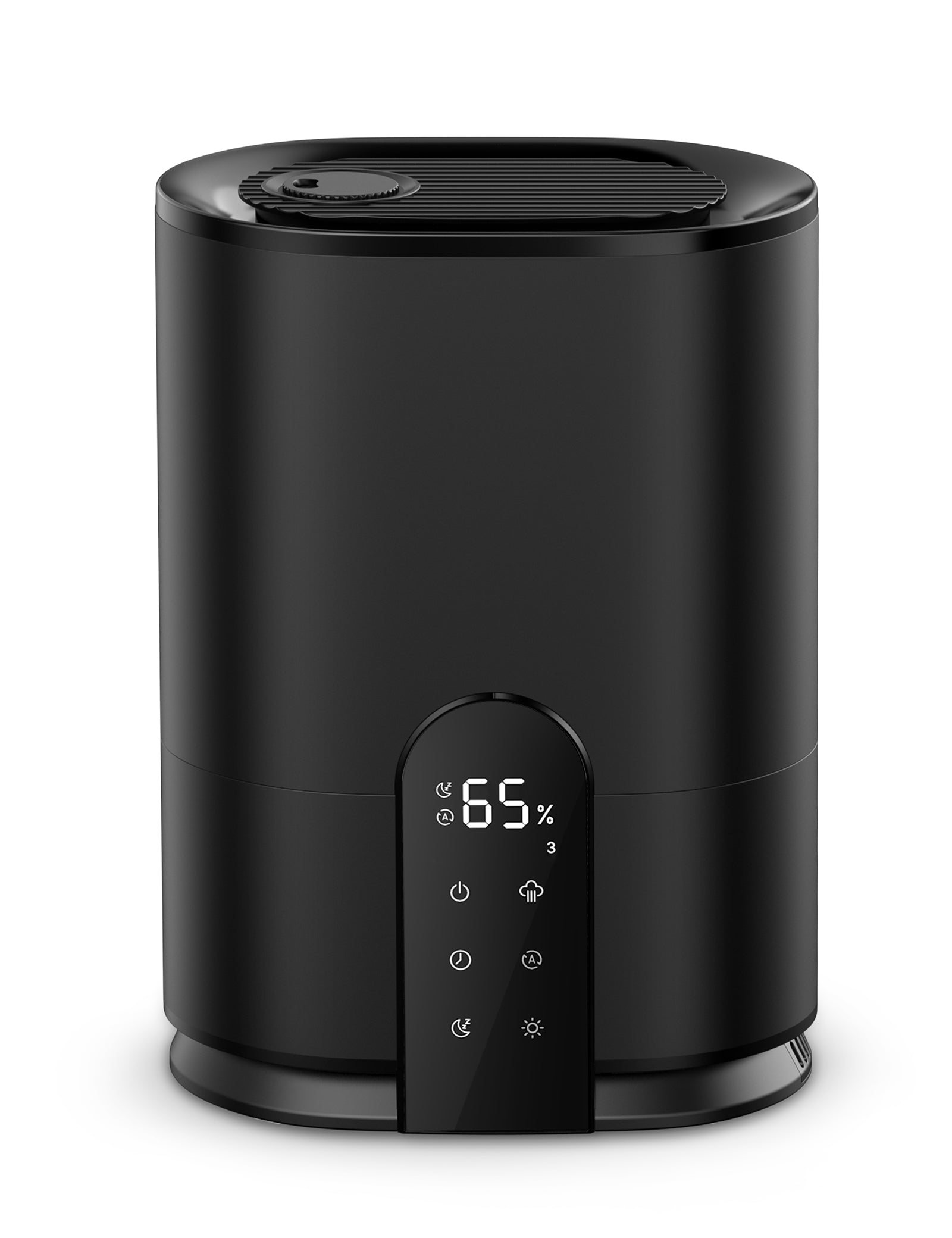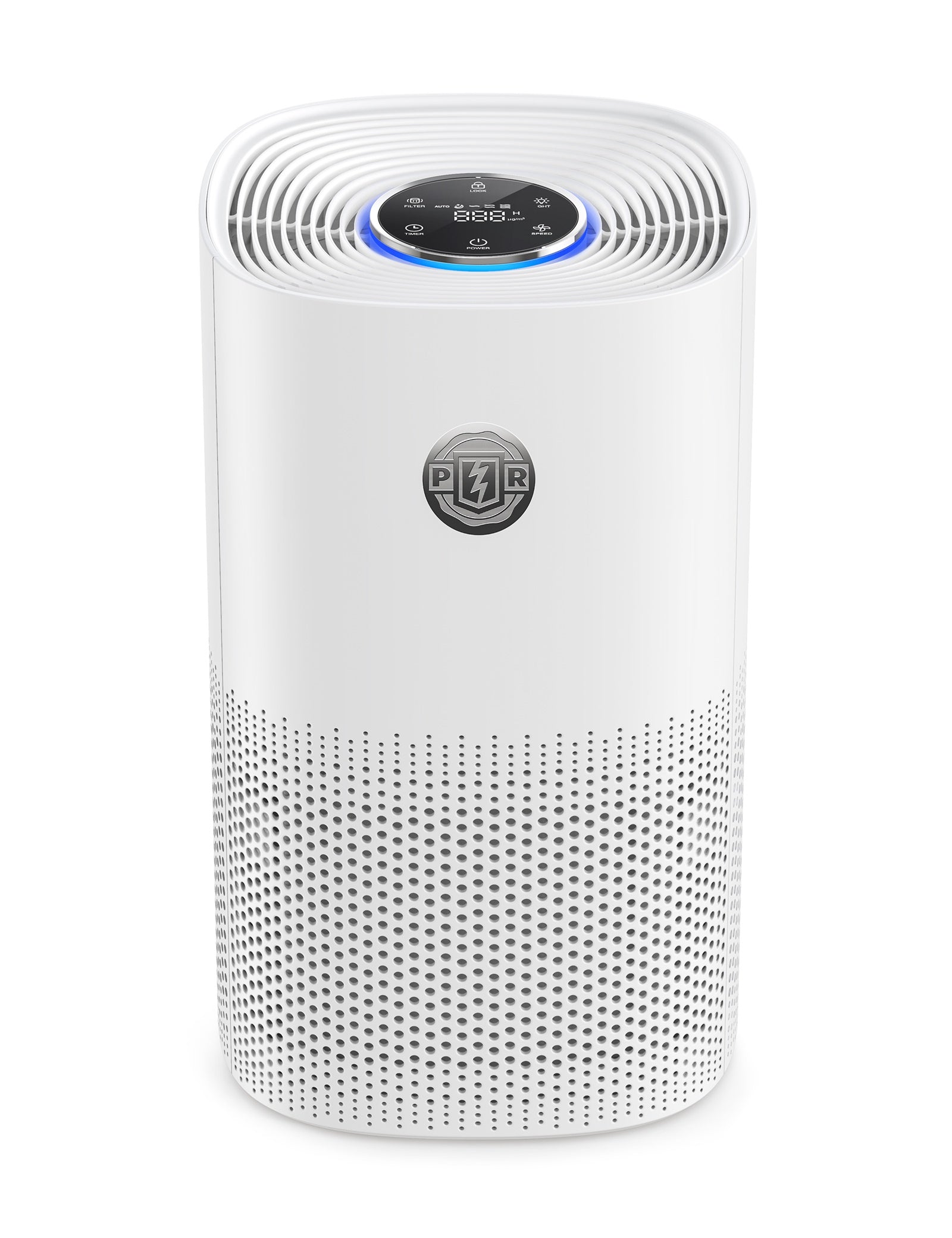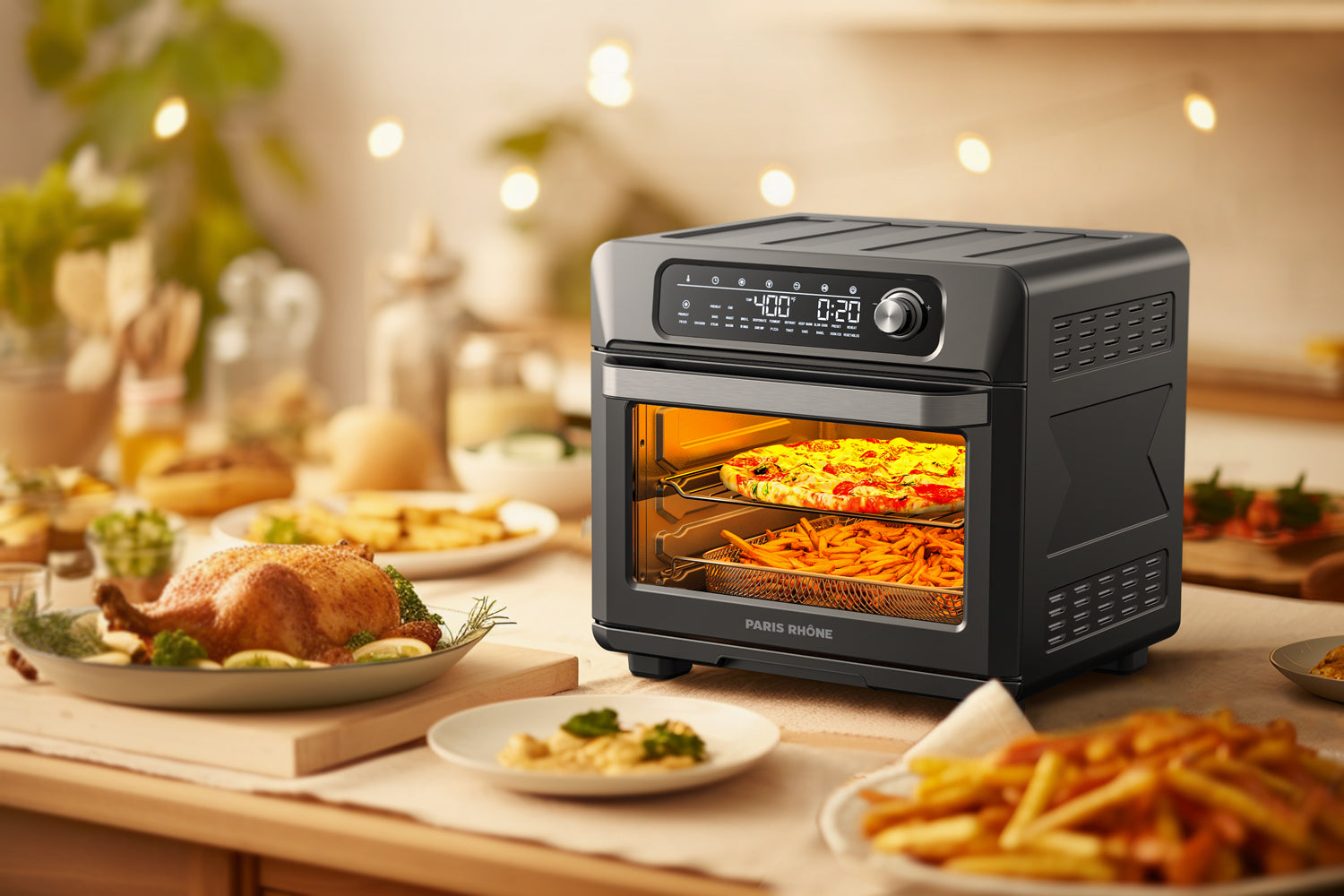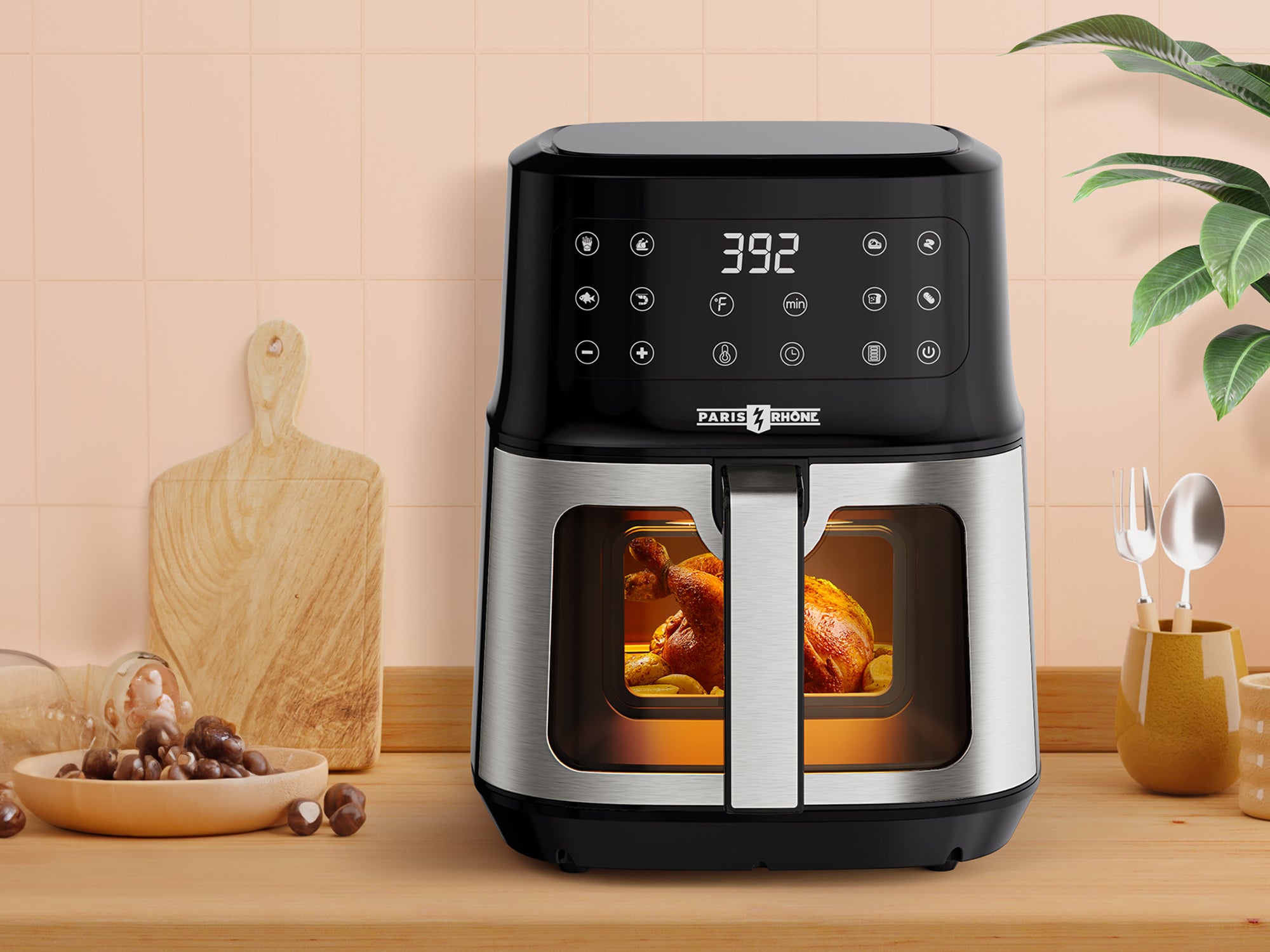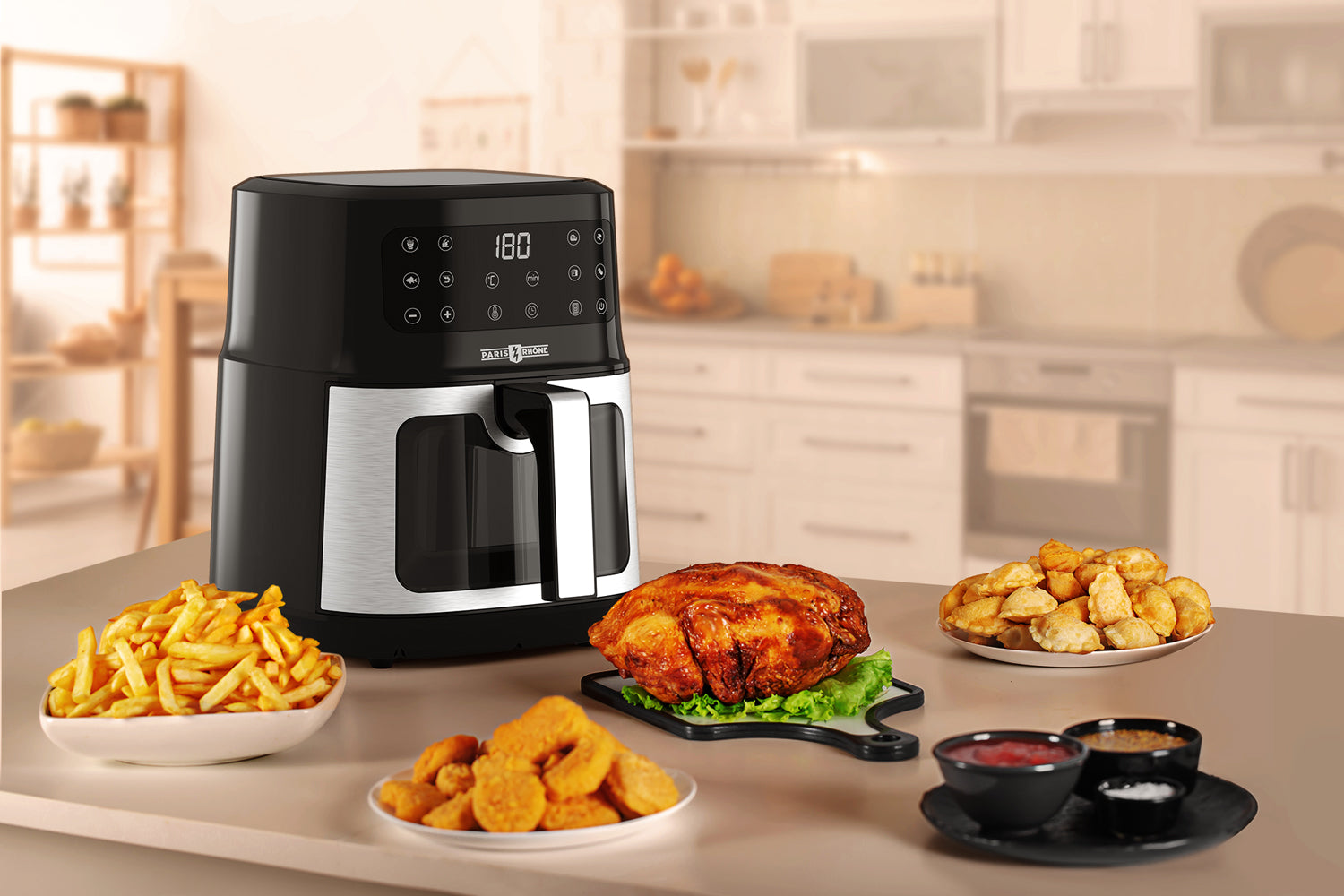Keeping your kitchen clean can be challenging, especially if you count cleaning your oven as part of the task. Cleaning your oven at home may be time-consuming if you utilize an incorrect methodology, don’t know any oven cleaning tips or commit common mistakes.
Maintaining a clean oven not only helps kitchen hygiene but also improves cooking performance, reduces energy consumption, and extends the lifespan of the oven.
This piece will explore cleaning your oven using a simple technique that saves time and effort.
Why is Oven Cleaning Important?
Cleaning your oven is an essential part of good kitchen care. As you use your range, it will naturally accumulate different forms of grease and carbon on the walls and glass door.
While this is not harmful, removing it has many incredible benefits. Cleaning your oven can increase its longevity, performance, and efficiency, so including it in your kitchen cleaning schedule makes sense.
Eliminate Odors
When your oven is dirty, there will be build-ups of grease and blackened remnants of food.
As a result, when you use a dirty range, the oil and old food will heat up, releasing an odor that is often unpleasant, sometimes even off-putting.
Deep cleaning your oven removes any deposits of dirt and grease from the appliance, which in turn will eliminate the source of the bad smells during cooking.
Oven Cleaning Saves Money
The carbon and grease accumulating in your oven over time does more than give off a smell. The dirt and grime accumulating inside your oven can hinder its ability to heat up without wasting electricity and costing you money.
When you clean the oven and remove the black carbon, your oven will heat up quicker, using less energy and saving you money on electricity bills.
Increase Your Oven's Longevity
All ovens accumulate some dirt with regular use over time. However, excessive build-up allowed to remain for long periods puts undue strain on your appliance.
The constant heating and reheating of thick grease deposits forces your oven to work harder than necessary during each use. This excessive strain slowly degrades the interior, shortening the oven's lifespan.
Regular cleaning every few months prevents too much build-up from accumulating. This keeps the interior of your oven in better condition for longer, increasing its years of service.
Improve Your Cooking Results
Regular oven cleaning noticeably improves day-to-day cooking when you add up the benefits of no foul odors, increased efficiency, accurate temperature control, and extended appliance life.
You'll get evenly cooked meals without burning or undercooking with a clean oven that runs like it should. Your dishes will look and taste better since they won't take on unpleasant smells either.
Overall, thorough oven cleaning boosts your confidence in the kitchen by allowing you to produce consistent, high-quality results whenever you cook.
Common Mistakes to Avoid
Forgetting to Preheat First
It's tempting to jump right in and start scrubbing a dirty oven. However, preheating the oven before cleaning is an essential—often forgotten—step.
Preheating to around 250°F for 10-20 minutes softens and loosens burned-on grease, carbon, and food residue. Cleaning with a preheated oven makes scrubbing away grime much more accessible.
Don't skip this simple first step. Take extra minutes to preheat your oven to make cleaning faster and more successful.
Using Too Many Harsh Chemicals
Some commercial oven cleaners contain potent chemicals and fumes that help cut through layers of grease and carbonization. However, dousing your oven with too strong a chemical cleaner can do more harm than good.
Excessive harsh chemicals can interact with oven surfaces, leaving behind a chemical residue or damaging the metal. Potent fumes require maximum ventilation and can still leave behind lingering odors.
Use chemical cleaners sparingly and according to package directions. Spot treat only the most stubborn deposits and use enough cleaning solution to be effective.
Scrubbing Too Aggressively
Seeing stubborn, baked-on gunk covering your oven can make you want to put some muscle into scrubbing it away. But this aggressive approach often backfires.
Scrubbing the oven walls with too much pressure and force can damage the metal surface underneath the grime. This leads to scratches and corrosion that make dirt stick even more in the future.
Let the cleaning products do most of the work. Apply even pressure and gently scrub to protect your oven's interior.
Missing Spots and Leaving Grease Behind
Cleaning just the easily visible grime often results in spotty oven cleaning. Going over areas quickly leaves hidden grease in hard-to-reach nooks and crannies.
Any leftover grease that remains in your oven after cleaning will lead to rapid re-accumulation of grime. It also causes ongoing bad smells and oven inefficiency.
Take your time and thoroughly clean all oven surfaces to eliminate every last trace of grease. Check crevices, corners, and below the heating elements.
Infrequent Cleaning
It's easy to put off cleaning your oven, especially when it involves exertion. But letting too much time pass between oven cleanings causes problems.
When many months go by without cleaning, thick layers of baked-on grease accumulate in your oven. Removing massive build-up requires much more intense scrubbing and effort.
Stay ahead of the grime by cleaning your oven regularly every 2-3 months. This prevents massive accumulations that turn cleaning into a huge chore.
Avoiding these common mistakes keeps oven cleaning quick, easy, and effective. With the right approach, you can quickly knock this task off your chore list!
Gather the Right Cleaning Supplies
Having the proper equipment makes using oven cleaning hacks more efficient. Stock up on these supplies:
- Oven cleaner spray: We recommend mixing baking soda and vinegar to avoid harsh chemicals.
- Scrubbing brush: Helps scrape off baked-on gunk in hard-to-reach areas
- Rubber gloves: Protect hands from harsh chemicals and dirty oven grime
- Warm water: Helps wipe away grease and residue
- Sponge or lint-free cloth: To wipe down cleaned oven surfaces
- Baking soda: Acts as a natural abrasive for scrubbing without chemicals
- White vinegar: Mix with water to dissolve grime in a natural, eco-friendly way
Follow These Steps for Effortless Cleaning
Cleaning your oven is simple when you follow these steps:
- Remove all racks, pans, and accessories from the oven
- Preheat oven to 250°F for 10-20 minutes to loosen baked-on grime
- Apply a generous coating of oven cleaner spray; let sit for 20+ minutes
- Use a damp sponge and circular motions to wipe away grease
- Spot treat stubborn spots with more cleaner and a scrub brush
- Wipe down all surfaces with a clean, wet sponge or cloth
- For an eco-friendly clean, use baking soda paste or diluted vinegar instead
With the right supplies and technique, oven cleaning doesn't have to be a daunting chore. Follow these simple steps to restore your oven's shine with minimal effort.
Natural and Eco-Friendly Cleaning Solutions
ParisRhone recommends using natural and environmentally safe ingredients for cleaning tasks like oven cleaning. Specifically, we recommend two central eco-friendly cleaners for oven cleaning:
- Baking soda is known for its natural abrasive properties, allowing it to remove grease and grime without harsh chemicals effectively. The recommended method is to create a mixture of 3 parts baking soda and 1 part water and then apply it to the surfaces of the oven. Afterward, scrub the oven with a damp cloth or sponge. Baking soda is gentle yet effective at removing residues.
- Vinegar - White vinegar is also suggested as a natural acidic cleaner good for breaking down oven grime. The website recommends mixing 1 part vinegar with three parts water in a spray bottle and spraying directly onto the oven before wiping clean after 15 minutes. The vinegar dissolves grease and food particles without damaging the range.
These eco-friendly solutions are safer for the environment and generate less toxic fumes or residue. They allow you to effectively clean your oven without exposing yourself or your home to the harsh chemicals in some commercial oven cleaners.








